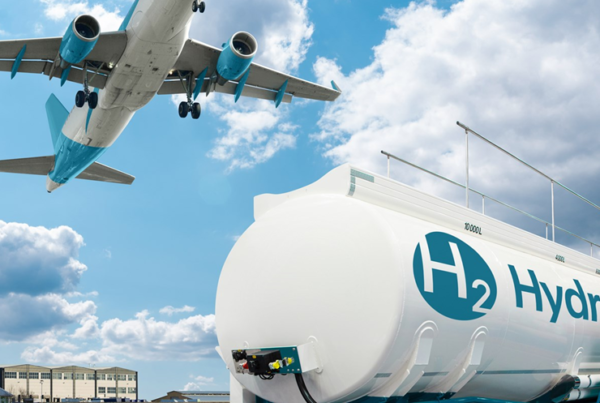
The signs of climate change are perceptible in many parts of the world, so it is essential to develop strategies that reduce, and if possible stop, carbon dioxide emissions into the atmosphere. Electric vehicles are key to achieving this goal, and in many markets it is already becoming apparent that their presence is increasing every year. In addition to electrochemical batteries, the hydrogen fuel cell is another technology that has more and more followers. In particular, France is pushing hard in this direction, due to a plan that invokes a potential sea change in your industry.
At the current stage of development of electric vehicles, technological advances, especially in the field of batteries, are leading manufacturing costs and investment in development to follow a trend that will lead to cost parity with combustion in a few years. This road that is being traveled will make it easier for drivers to soon have no doubts between choosing an electric vehicle or a combustion one.
Although this segment of vehicles, the light ones, is certainly important for the reduction of carbon emissions, there are other areas in which it is also a problem to be solved. Although electrification and the use of electrochemical batteries is still far from heavy transport, motorcycles and specifically scooters, whose useful life is practically all developed in the interior of cities, have their own challenges to become clean energy powered vehicles while also being efficient and affordable.
This is one of the areas where European Union is pressing for the adoption of hydrogen fuel cell technology. The only by-product that comes out of the tailpipe of these vehicles is water, which shows how clean and ecological they can be.
The still utopian green hydrogen
Technically possible to generate what is known as green hydrogen, which is obtained by electrolysis using only renewable energy (solar and wind). However, this is also the way more expensive to obtain. There are other processes for obtaining hydrogen that result in varying degrees of carbon emissions, which are also less expensive options, although they do not achieve the end goal.
France, electric scooters and hydrogen
Electric motorcycles and especially scooters are taking off in sales across Europe as emissions regulations tighten. In the use of the hydrogen fuel cell as an alternative propulsion system there is a European country that has been making progress in recent times. In 2020, France, as part of the economic recovery program after the coronavirus pandemic, announced a plan to invest 2,000 million euros in the development of the hydrogen sector in the next two years, and a total of 7,000 million euros by 2030.
There a local company has been experimenting with a hybrid model of a scooter that can be powered by batteries (Mob-ion TGT) or by a hydrogen fuel cell (Mob-ion AM1). It is an electric scooter approved in France as a moped with a maximum speed limited to 45 km / h and a power of 3 kW (which will classify it as a motorcycle in other countries). Outwardly it is not distinguished from other scooters although under its fairing it hides a hydrogen fuel cell that is fed by cylindrical hydrogen cartridges about the size of a soda can.
However, France he is not thinking only on hydrogen electric scooters and motorcycles. Their plans address a broader potential for emission reductions beyond motor vehicles of any type. Is about explore technology for various industrial applications, such as the manufacture of steel and concrete.
Presumably, this is why France is pushing hydrogen as an energy source for two-wheelers as its use in larger industrial sectors can potentially impact it.
Like electric vehicles open a debate regarding complex issues such as the extraction processes of the materials necessary for their manufacture, the recycling or reuse of the battery, the potential carbon neutrality of hydrogen generates controversy. If France seeks to use hydrogen energy on a large scale, it will have to commit to green hydrogen production which will be of great help to carbon emissions targets. However, it is not entirely clear if it is a challenge she is willing to face.
Read the most up to date Fuel Cell and Hydrogen Industry news at FuelCellsWorks




